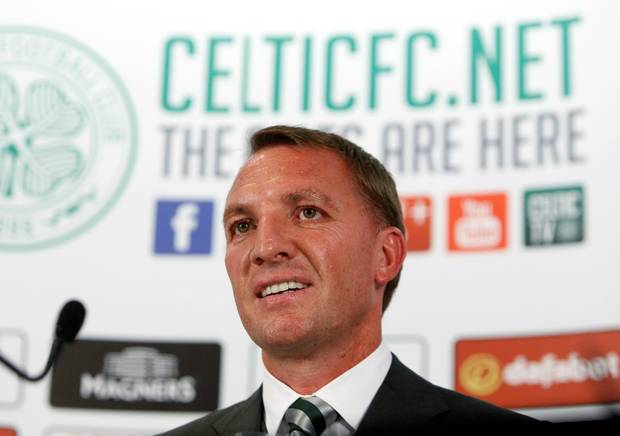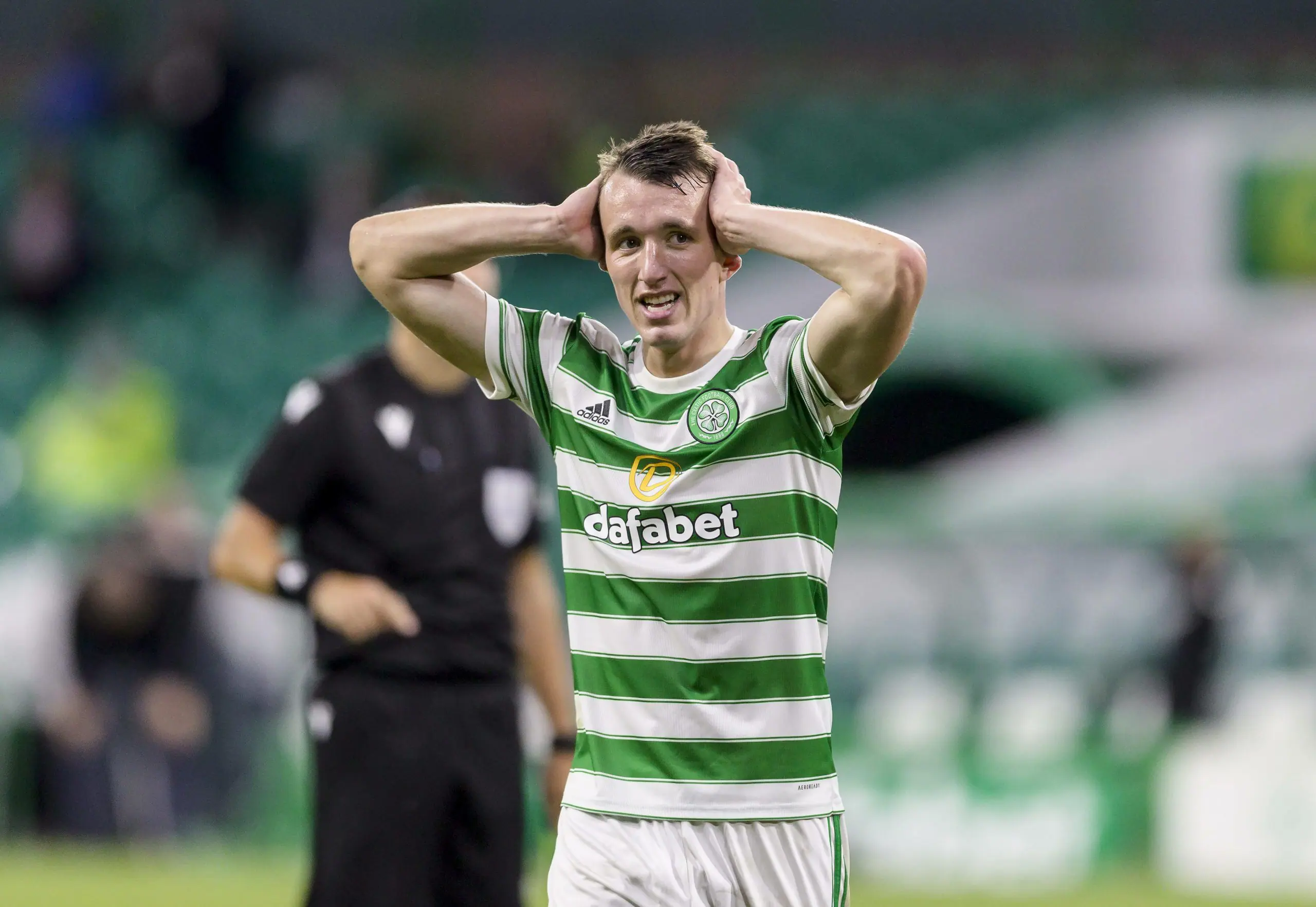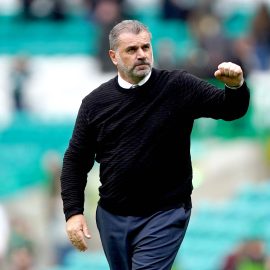When Celtic confirmed the inevitable departure of Ronny Deila, the air of excitement and expectancy was somewhat tinged by the all too familiar sense that the club’s hierarchy would pluck for the cheapest option and the new manager, by virtue of being the easy option, would have a mountain to climb in order to win over the support.
That has been Celtic’s strategy for the best part of a decade; with every managerial appointment following Martin O’Neill’s departure in 2005, the Hoops board have gradually downgraded the standard of manger in the Parkhead dugout. Gordon Strachan, who had a steady reputation and went on to secure 3 league titles and two trips to the Uefa Champions League Last 16, did not exactly spark fanfare from day one. Following Strachan would be Tony Mowbray, who turned out to be possibly the worst manager in Celtic’s history and was sacked after eight months in the job. After a short interim spell Neil Lennon was then given the reigns and enjoyed success that rebutted his lack of prior managerial experience but from the club’s point of view was a relatively easy financial option. Then, of course, plucked from obscurity came Ronny Deila. The unknown Norwegian was known to be some way down Celtic’s list of options behind Roy Keane, Henrik Larsson and who knows how many more. And after two league titles, laced with domestic cup disappointments and lamentable European campaigns, Celtic returned to the market for a successor.
The appointment of Brendan Rodgers therefore, is a watershed moment for Celtic. After years of what many supporters decry as downsizing, the club have excelled themselves by attracting and securing the signature of one of the most in-demand coaches in the country. His salary of circa-£2m dwarfs those of Neil Lennon and Ronny Deila shows that the club’s board have thrown off the financial shackles. The appointment has been undoubtedly aided by the huge wake-up call Celtic received in April’s Scottish Semi-Final at Hampden and the impending return of Rangers to the top flight next season. That defeat to Rangers on penalties was watched at Hampden by Celtic’s largest shareholder Dermot Desmond and is mooted to be the motivating factor behind Celtic’s new appointment. The lack of progression the club have made since Rangers demise was there for all to see.
Brendan Rodgers arrives at Celtic Park just two years after leading Liverpool to within touching distance of their first league title in the Premier League era. Much is made of that Steven Gerrard slip against Chelsea, and while it’s not the sole factor in Liverpool’s late capitulation, who knows how football would look had it not occurred. But it did and here we are. The most overriding factor to take from Liverpool’s 2013-14 campaign was the breakneck fashion they played their football in. Aided by a phenomenon in Luis Suarez, a fully fit Daniel Sturridge and the emergence of Raheem Sterling, Liverpool were blowing teams away and amassed 101 goals in the process. They were involved in a more than a couple of cricket scores, meaning that had they defended more resolutely throughout the season they would’ve won the title, slip or no slip. That is a moot point however, as it comes with the territory of playing front-foot, open, attacking football. Teams who absolutely excel at either extreme tend to be lacking in the other.
Rodgers’ philosophy will remain much the same, it’s part of his identity as a coach. He likes his teams to press high, defend aggressively and win the ball back as high up the pitch as possible. Combine that with fluidity and flair between the front three or four at the top of the park and you will be likely to dominate more matches than not. Celtic have a good base to work with when it comes to imposing that philosophy. They have the strongest squad, both in terms of quality and depth, in Scotland and are used to dominating possession. The arrival of Chris Davies and Glen Driscoll also mean that the bar will be set high in terms of training levels and fitness standards which are a pre-requisite of this sort of high intensity approach.
In terms of the transfer market, Brendan Rodgers has a tough job on his hands. He has already stated he prefers a smaller squad of 22 or 23 players, that means he will be looking to offload a good few of Celtic’s squad players. With a total of 30, a happy dressing room is impossible and therefore, before he adds his own players he will have to clear out a number of others. Stefan Scepovic, Carlton Cole and Colin Kazim-Richards look to have started this clear out but that leaves the attack with a stark dearth of options. The imbalance is even more acute as the surplus of midfielders is just as severe as the lack of strikers. Rodgers will obviously have to bring in a substantial increase in quality over the summer but the challenge will lie in integrating the new arrivals quickly, with a high turnover of players this can be difficult.
Much was made of Brendan Rodgers’ recruitment at Liverpool due to the vast sums of money that he spent. The best gauge for Celtic, however, is undoubtedly his time at Swansea. Swansea had a modest budget in the Championship and he was able to invest wisely to turn them into a Premier League team for the first time in their history. There is no doubt he will be given more money to spend than his predecessor at Celtic Park and it’ll be interesting to see what calibre of player he will be able to attract to play in Scotland.
He has already addressed his desire to fill Celtic Park on a weekly basis again and early signs show that season tickets figures will undoubtedly rise, perhaps to the level they were at in Martin O’Neill’s time at the club. Outwith that and retaining dominance in Scotland, the massive thing for Celtic is Champions League qualification. The qualifiers come so early in the season and can therefore present some tricky situations. However, booking a place in the Group Stages would be the ideal start to his Celtic career and the financial impact of that would justify the board’s investment in him before August is done.
From both a supporter’s point of view and that of a neutral, Scottish football is about to get exciting again. We haven’t even begun the new season and high profile arrivals have started spilling in. Brendan Rodgers’ appointment as Celtic will no doubt act as a catalyst and serve as a statement of intent that Scottish football is alive and kicking again. Sit back and enjoy it!
Add Sportslens to your Google News Feed!







